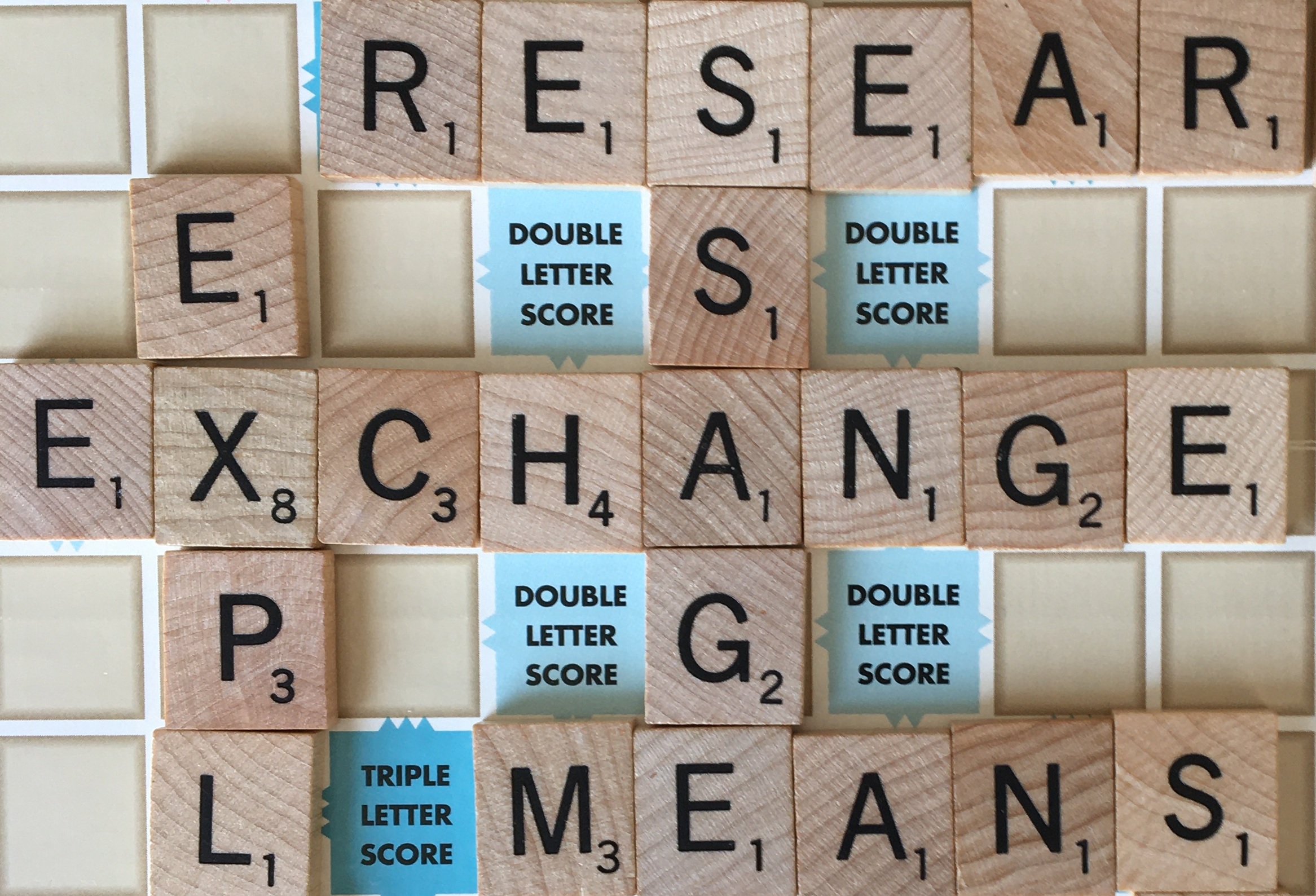Roundtable the Research No. 2
Roundtabling sessions go one of two ways.
Either, the writer will pass around the manuscript and then ask the readers tough questions about the ideas written there; the readers will, in turn, answer those tough questions by giving the most substantial feedback they can give.
Or, everybody will talk commas.
The better way for a session to go is ideas.
The reason is simple. Ideas put the sci in science. Commas, on the other hand, are the most infinitesimal contribution that it's even possible to make to science. Comma talk is talk that touches only the surface. Okay, I'm picking on the comma here, but really let the comma stand for anything expression-related, so for example, noun with the or without the, spelling, verb with s or without s, the correct preposition, transitions, the sound of a sentence, choices between might or could or between like or as, style — all such matters of the expression will limit a roundtabler to discussing just the surface of the research. In fact, roundtablers who just talk about the matters of expression do not even touch the surface of the research, but instead hover above at two removes from the research topic. Here's why.
Roundtablers who are overly concerned about the grammar of every wording on the page are likewise roundtablers who miss the point of a roundtabling session. The way these roundtablers respond to a fellow researcher's work is the same as someone responding to a good friend's news of a life-changing career opportunity by saying, "Is that seriously how you're wearing your hair these days?" That's not insensitive. That's passive-aggressive!
Now imagine the same at a roundtabling session. Imagine yourself bringing to your group the latest version of a manuscript, and you want their feedback on a tricky issue with the presentation of your results, so you pass around the copies of your work and you explain the complexities of the issue and you ask for their feedback, but all they say is this:
"You don't need this comma here in the fifth sentence of the paragraph 3."
"I think it's have shown, not have showed. Isn't that wrong?"
"These sentences here are a bit long. I think you'll want to break a few of them up into shorter sentences."
Pretty aggravating, huh? I mean, it's as if they thought this was some writing exercise in an English class. But this is your research here they're meant to be talking about. You're not asking about commas. It's your results that's the question.
Comma talk does no roundtable no good. Unfortunately, comma talk is the strong tendency of every new roundtabling group, because very many beginning roundtabler do, in fact, take their role to be the role of language improver. This is understandable. Roundtabling is not something anyone's really done before, and it's true, the activity would appear to resemble the group work of a language class. So, quite expectedly, beginning roundtablers will often take on the role of a language fixer. But roundtablers are not language fixers. No, instead, roundtablers are research thinkers.
When you roundtable, you are researching. The roundtable is there to improve the work represented in a manuscript. The roundtable is not there to proofread.
Besides, the proofreading and the commas and the verb tenses and all the rest of it — this stuff will fall into place only once those places have been assigned it all by the ideas of the research. The wording of a manuscript cannot make the research. It's the other way around. Which is why you'll want to use your roundtabling sessions to talk ideas. And achieving this end is well within the control of every writer, because it's the writer who sets the tone for each roundtabling session.
The writer asks the questions which the readers will answer. If the writer's questions are thought-provoking, then the session will go the way of thinking. However, if the writer's questions are vague or of a general kind or superficial — well, in that case, the session's going to be all commas.
So, writer, ask your fellow roundtablers not what they see in the manuscript. Ask them what they think.
Please email comments or questions to daniel.shea∂kit.edu
This blog is for you.

